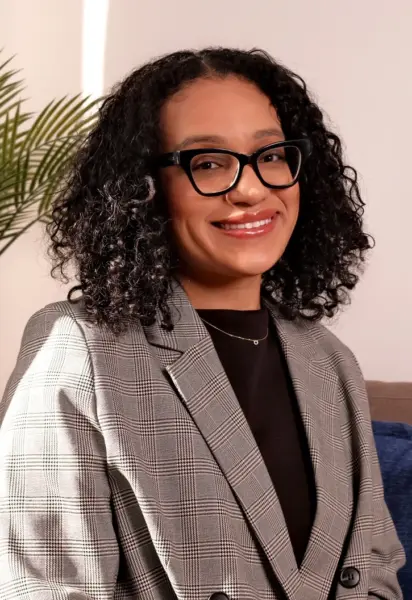Effective Online
COGNITIVE BEHAVIORAL THERAPY
New Jersey
Online Cognitive Behavioral Therapy (CBT) stands out for its practical, problem-focused approach. Unlike psychoanalysis sessions, which delve deep into past traumas, CBT is present-focused, making it especially effective for those seeking tangible results. With the rise of digital platforms and the need for flexible therapy options, online CBT has gained immense popularity, offering effective treatment from the comfort of your home.

What is Cognitive Behavioral Therapy (CBT)?
Core Principles of CBT
The core principles of Cognitive Behavioral Therapy (CBT), as outlined by the American Psychological Association (APA, 2017), include:
Cognitive Model of Emotional Disorders
CBT is based on the idea that psychological distress is influenced by maladaptive thinking patterns and changing these thoughts can lead to changes in emotions and behaviors
Cognitive Restructuring
Clients learn to identify and challenge negative or distorted thoughts and replace them with more balanced and realistic ones
Behavioral Interventions
Techniques such as behavioral activation, exposure therapy, and skill-building exercises help individuals modify unhelpful behaviors and develop healthier coping strategies
Present-Focused & Time-Limited
CBT emphasizes addressing current issues rather than deep-rooted unconscious conflicts and is usually structured as a short-term therapy
Collaborative & Active Participation
Clients and therapists work together as partners, and clients are encouraged to engage in homework assignments and practice skills outside of sessions
Evidence-Based Approach
CBT is rooted in scientific research and is supported by extensive empirical evidence demonstrating its effectiveness for various mental health conditions
How We Implement cognitive behavioral therapy
Cognitive Behavioral Therapy for Anxiety
- Recognize Your Anxiety-Inducing Thoughts: Jot down the thoughts that amplify your anxiety, those that intensify its presence.
- Assess Your Actions: Reflect on your behaviors and how they might be influenced by or contribute to your anxiety.
- Practice Uplifting Affirmations: Remind yourself of positive and empowering statements.
- Speak to Yourself with Kindness: Address yourself as you would a close friend, offering support and understanding.
- Experiment with Opposite Responses: Consider doing the opposite of what your anxiety pushes you to do.
Cognitive Behavioral Therapy for Depression
- Identify Depressive Thoughts: Document the thoughts that seem to deepen your feelings of sadness or hopelessness.
- Reflect on Your Actions: Think about your behaviors and determine if they might be a result of or exacerbate your depression.
- Adopt Encouraging Affirmations: Use positive statements to uplift your spirit and mindset.
- Treat Yourself with Compassion: Communicate with yourself as you would with a cherished friend, offering empathy and comfort.
- Challenge Negative Patterns: Try to act contrary to what your depressive feelings might dictate.
CBT for Bipolar Disorder & Mood Disorders
- Recognize Mood-Triggering Thoughts: Note down thoughts that seem to initiate or intensify mood shifts.
- Assess Your Behavioral Patterns: Reflect on actions that might be influenced by or contribute to your mood swings.
- Cultivate Mindfulness Practices: Engage in grounding exercises or meditation to stay present and avoid being overwhelmed by mood changes.
- Practice Mood-Stabilizing Activities: Engage in activities that promote calmness and counteract extreme mood shifts.
Benefits of CBT in Mental Health Treatment
Effective Tool for Mental Health Challenges
- Effective Tool for Various Challenges: From anxiety disorders to mood disruptions, CBT has proven effective in treating a range of problems.
- Empowers the Individual: CBT equips individuals with the skills to manage their own mental health, reducing the need for long-term therapy.
- Evidence-Based: Numerous research studies have highlighted the effectiveness of CBT in bringing about lasting change.
CBT Techniques & Strategies
- Cognitive Processing: Identifying and challenging negative thought patterns.
- Behavioral Activation: Encouraging clients to engage in activities that boost their mood.
- Exposure Therapy: Gradually facing fears in a controlled environment.
How CBT helps our clients
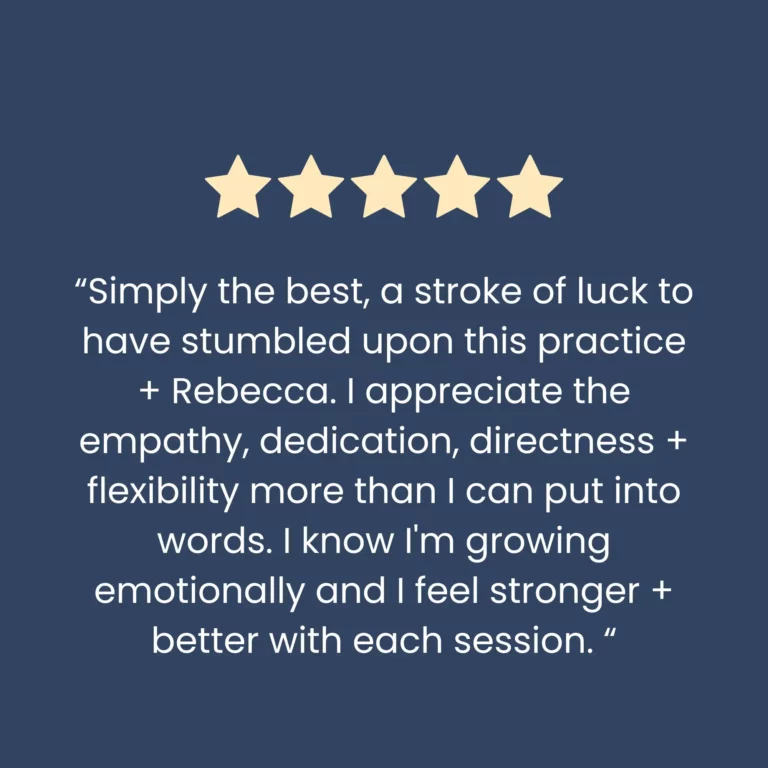



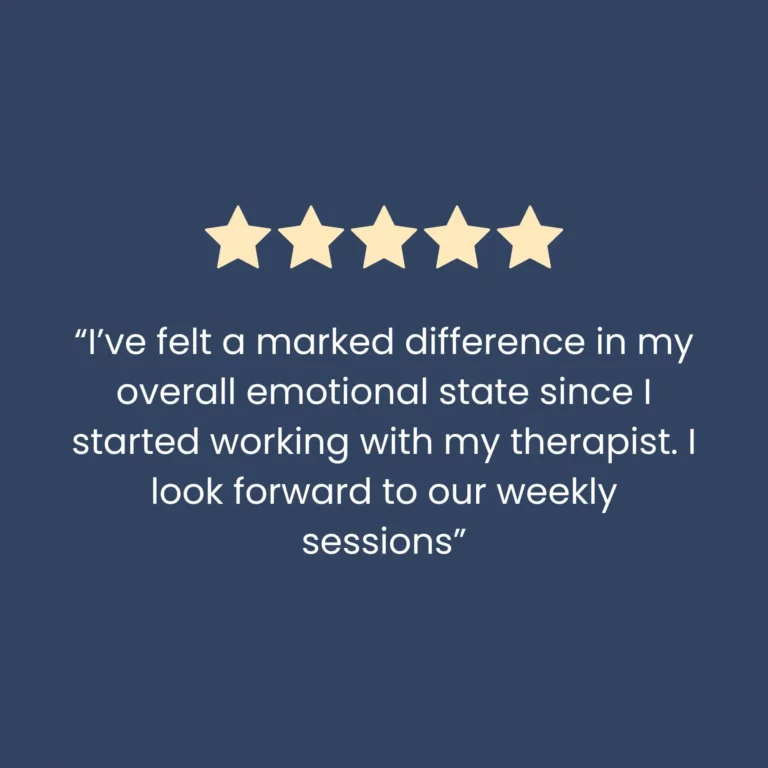
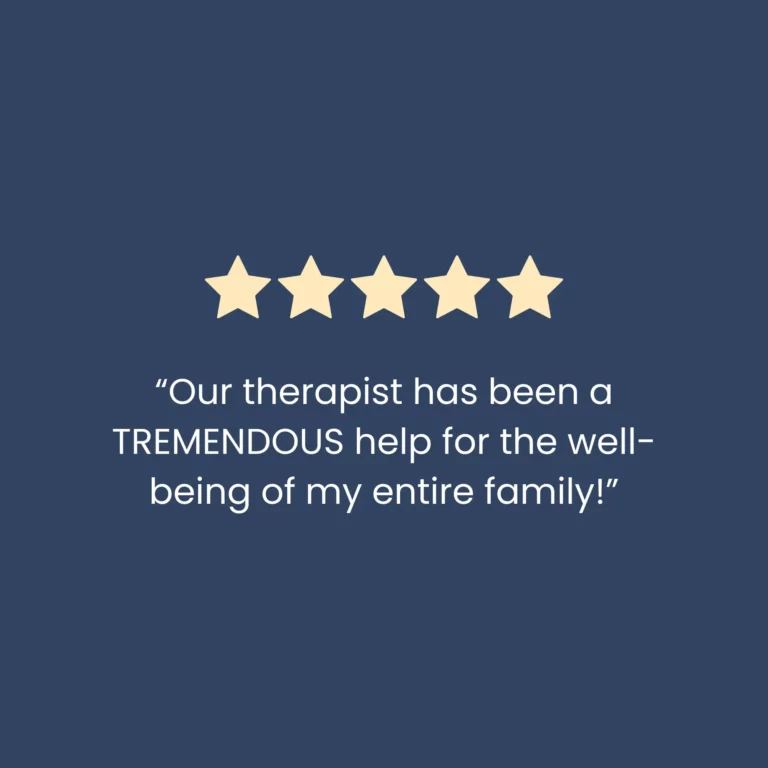
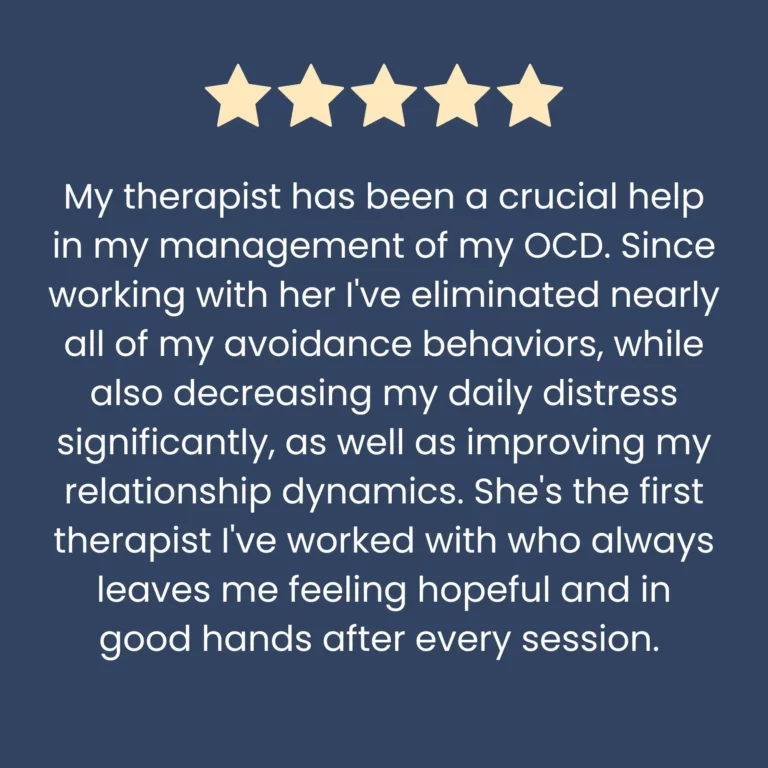
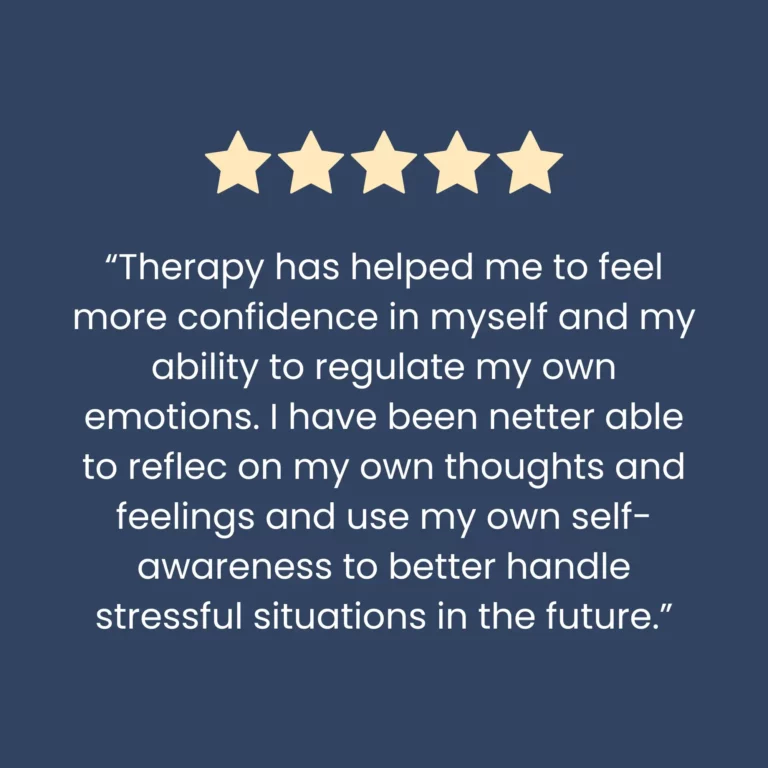
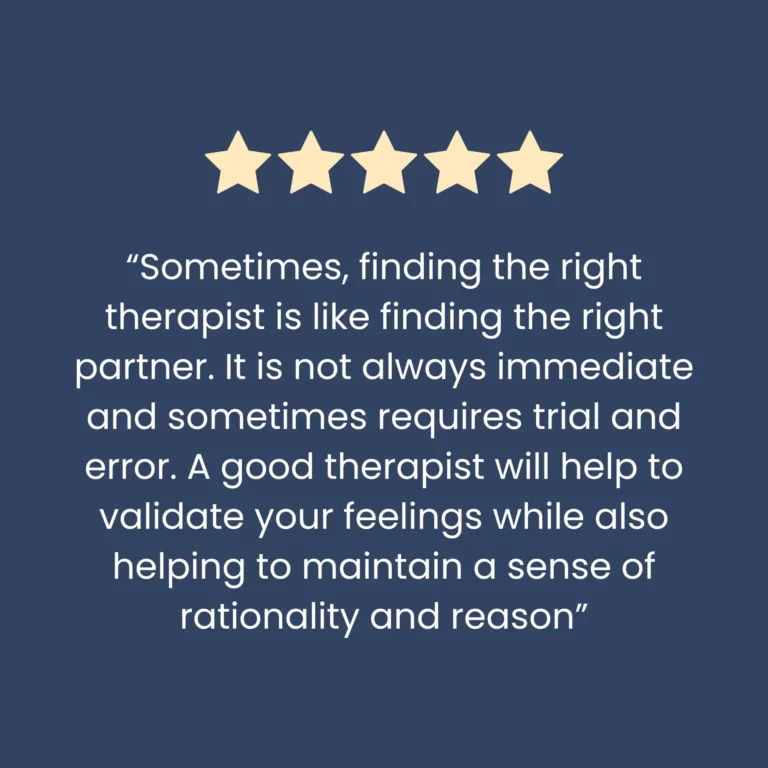
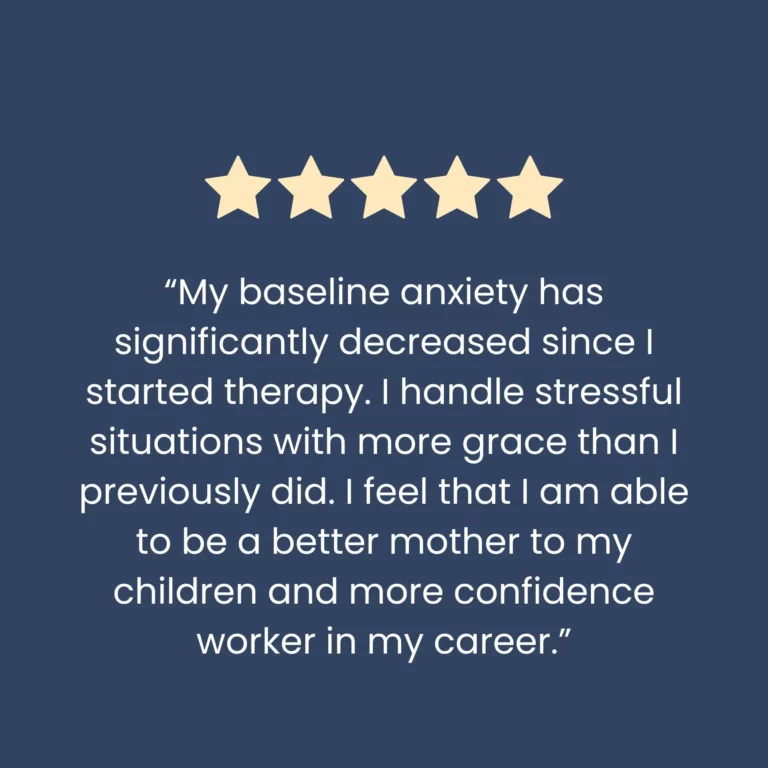




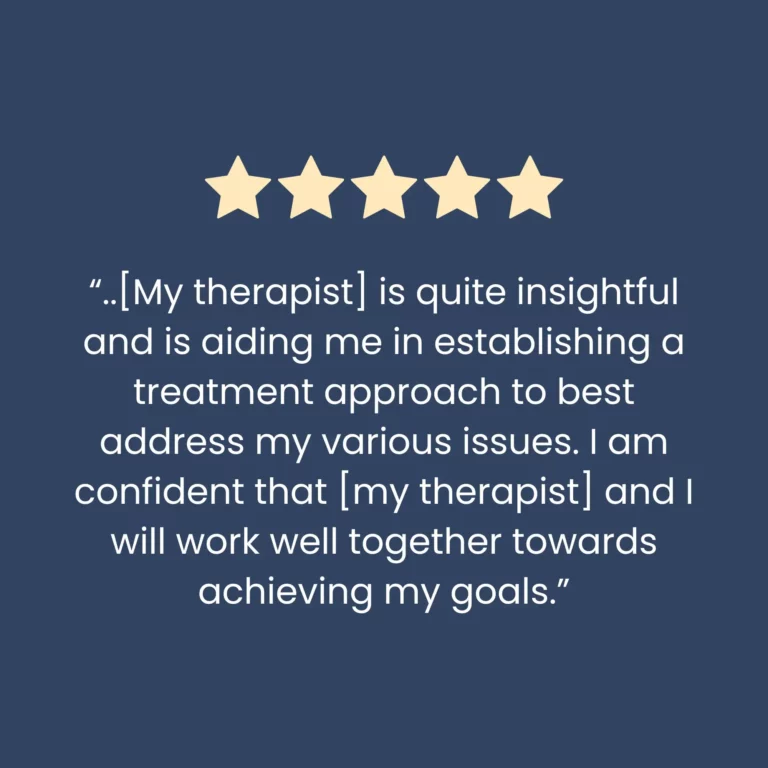



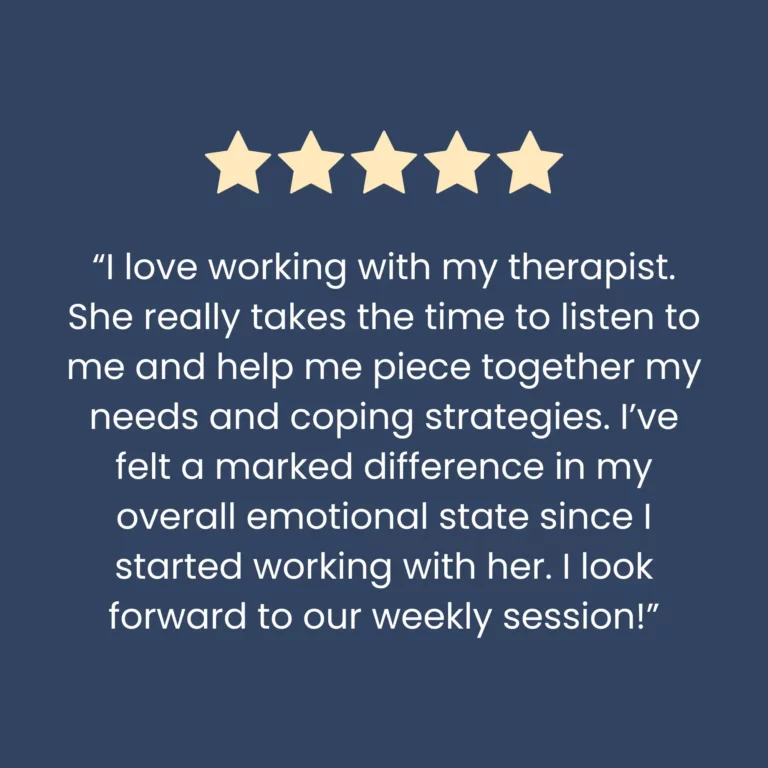


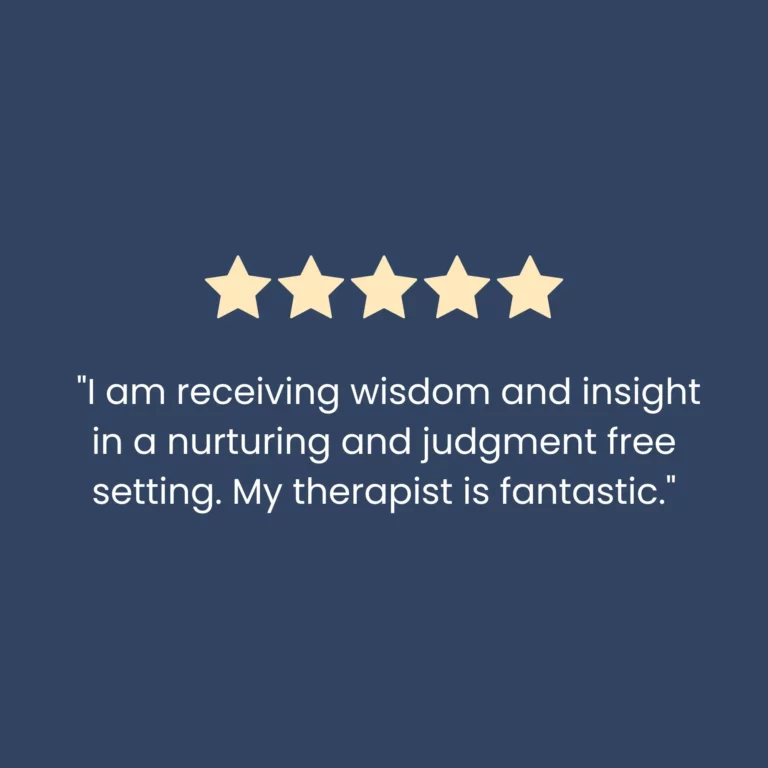
FAQ's about therapy at mbd
Where are you located? I need a therapist near me
We are fully online, which means that your therapy sessions will be help via video call on our HIPAA compliant Platform. Anyone in New Jersey can access our therapy services
How do I get started as a new client?
New Clients can reach out to us directly via call, text or email here:
Does my insurance cover my visits?
We provide”Courtesy Billing” for clients who are using the Out-of-network insurance benefits.
Our Insurance Page might answer your questions about your insurance information, cost and OON coverage.
What are out-of-network benefits?
Visits our FAQ About Insurance to learn more about OON coverage for mental health services. We can also check your benefits for you. When using OON benefits, patients typically pay the full cost of the treatment upfront and then file a claim with their insurance company for reimbursement.
Is Online Therapy As Effective As In-Person Therapy?
Online therapy is essentially face-to-face counseling, just conducted remotely. Studies show that tele-therapy is as effective as traditional counseling. Professional organizations and state governments recognize its benefits and have set regulations for it. However, like any therapy, its success in achieving your goals isn’t guaranteed. It’s important to discuss with your therapist whether tele-therapy is working for you.
How Should I Prepare for My First Session?
Showing up is all that you need to do! But if you really want to get the most out of session, it could help to take some time to think about what you want from therapy. It helps to write down your goals, questions you have or things that you feel are important to share.
Do you offer traditional talk therapy?
of course! though we have some unconventional therapy approaches, we are rooted in evidenced based practices. Talk therapy is a major player in the therapy room! See What we Treat and Integrative Services for more information
Is Virtual Counseling Suitable for Everyone?
Online therapy might not be as effective for individuals with chronic suicidal thoughts, severe trauma, significant mental health history, or those recently in intensive care. Such cases often benefit more from traditional, in-person counseling. We’ll help you decide if our online services are right for you during your intake and evaluation.
Can I Change Therapists If I'm Not Happy?
Yes, you can switch therapists to another provider within the practice, or we can provide you a referral if preferred. We want to ensure that your time and effort are well spent, and that you are getting the relief you need, that’s why we work collaboratively with each other in the practice, as well as outside therapists who we know and trust.
How Do I Know If Therapy Is Helping?
You should feel like you’re making progress. Signs it’s working include:
- Feeling comfortable talking to your therapist
- Your therapist respects boundaries
- You’re moving towards your goals
- You feel listened to
You’re doing better in life - Your self-esteem is getting better
What is your cancellation policy?
We ask that clients provide at least 24 hours notice in the event that they need to cancel to avoid the 50% cancellation fee. we understand that life happens and do our best to be flexible & reschedule.
What Geographic Areas Are Served?
Currently, we serve clients in New Jersey and are expanding to other states as telehealth laws evolve. While telehealth offers the convenience of attending sessions from anywhere, state laws require clients to be in-state during their session.
Is Online Therapy Easy to Use for Non-Tech-Savvy People?
Yes, it’s pretty simple to access sessions. You’ll need basic internet skills, such as opening and visiting the patient link sent to you via email. It’s similar to video chatting like Facetime or Zoom. We can also walk you through it on the phone the first time to ensure a strong connection
What Questions Should I Ask My New Therapist?
Feel free to ask anything. Some good questions are:
- How often will we meet?
- What do you specialize in?
- What experience do you have with my issue?
- What outcomes can I expect?
- How will I know I’m progressing?
- How long do you usually work with clients?
- How will we set my treatment goals?
What is the difference between associate therapists & fully licensed therapists?
Our Qualifications:
Our founder, Rebecca Sidoti, is a highly qualified, state-licensed therapist and supervisor with extensive training in anxiety related disorders and innovative treatment such as Ketamine Therapy. Mind by Design Counseling adheres to standards set by the our governing counseling boards.
To see each providers credentials, training and licenses, visit our “Meet the Therapists” Page to learn more.
- LAC/LSW are therapists who may practice clinical work under the supervision of a fully licensed therapist.
- LPC/LCSW are therapists who have completed the necessary clinical hours post-graduation under supervision and can practice clinical work independently.




